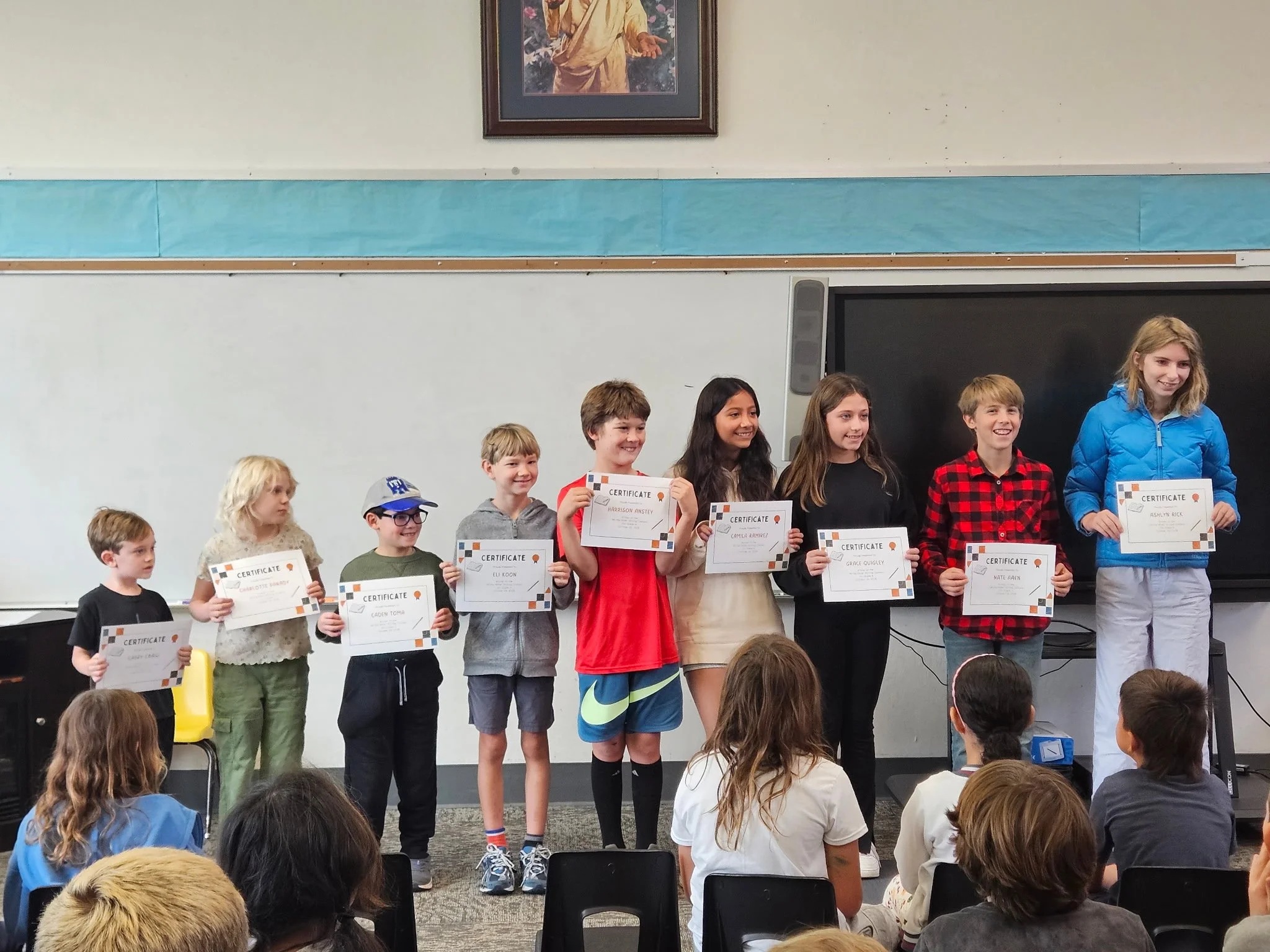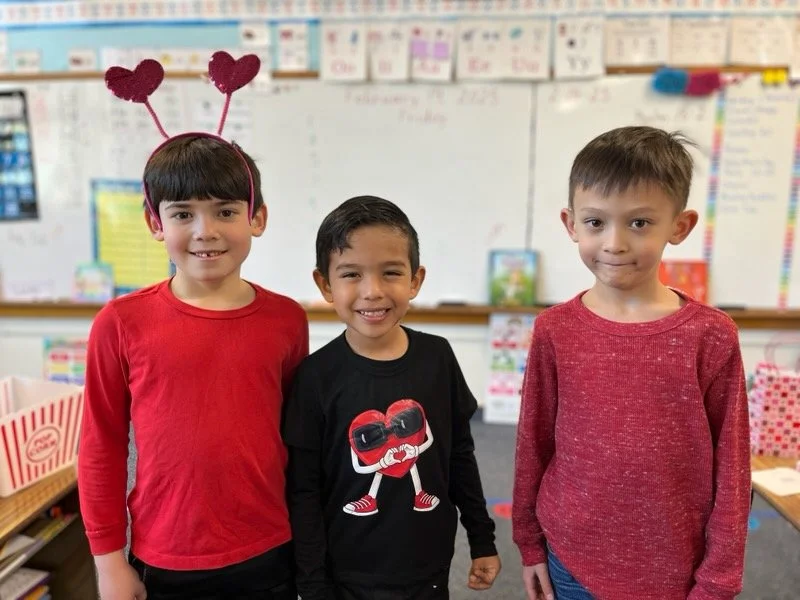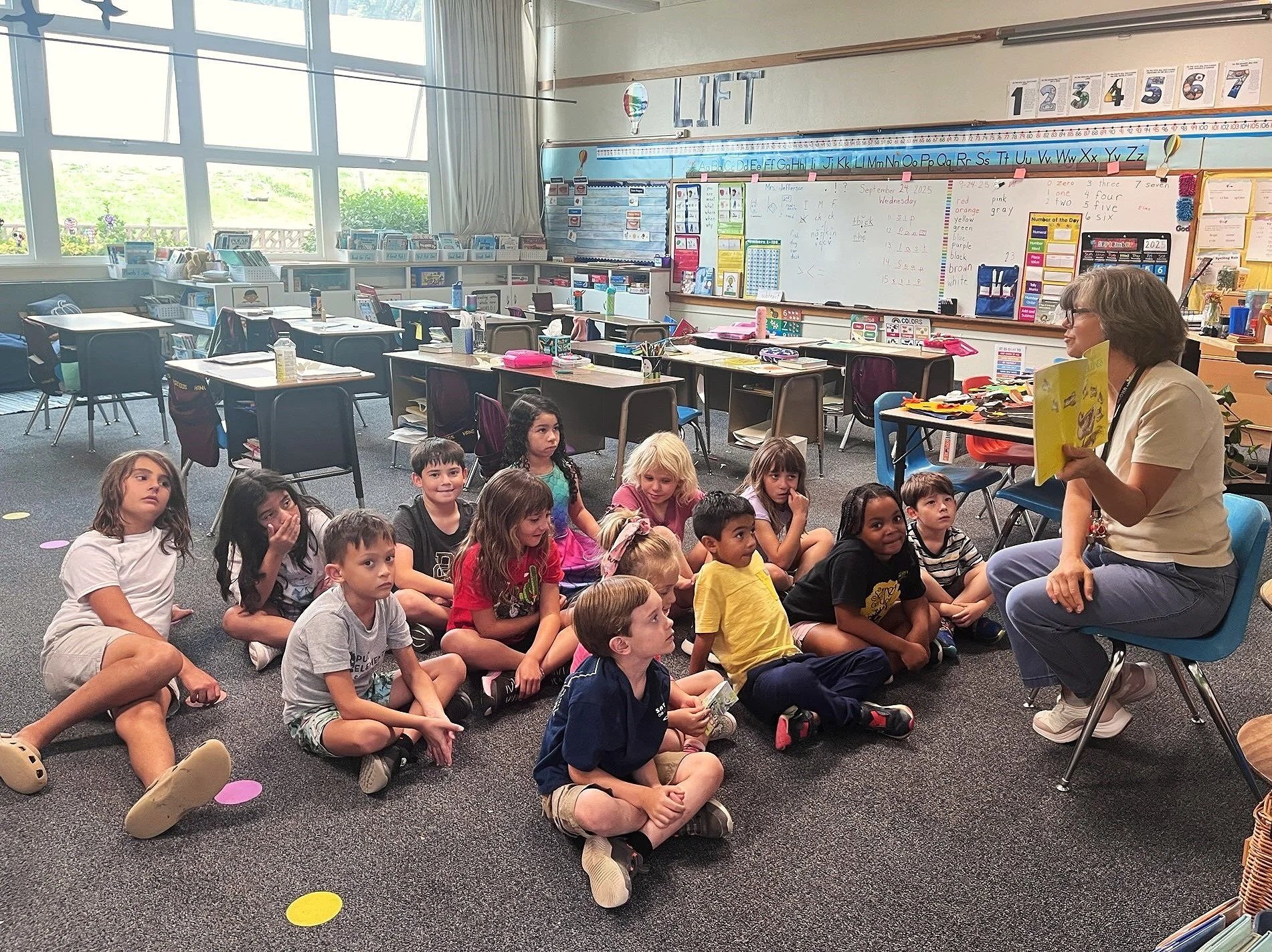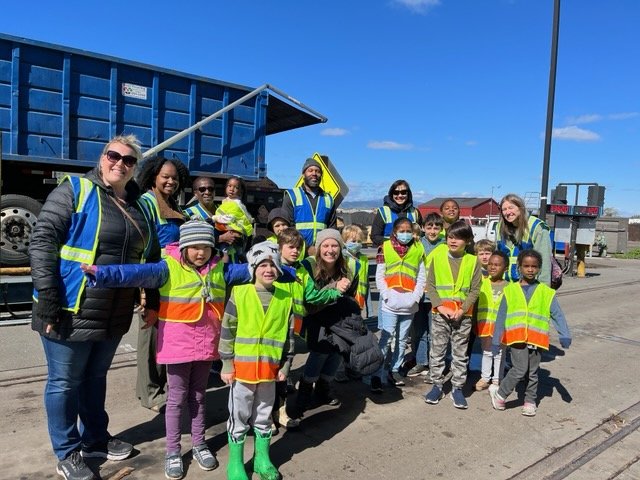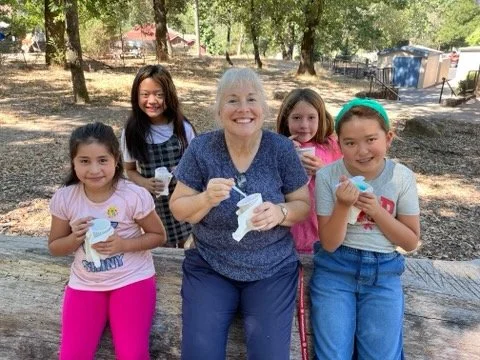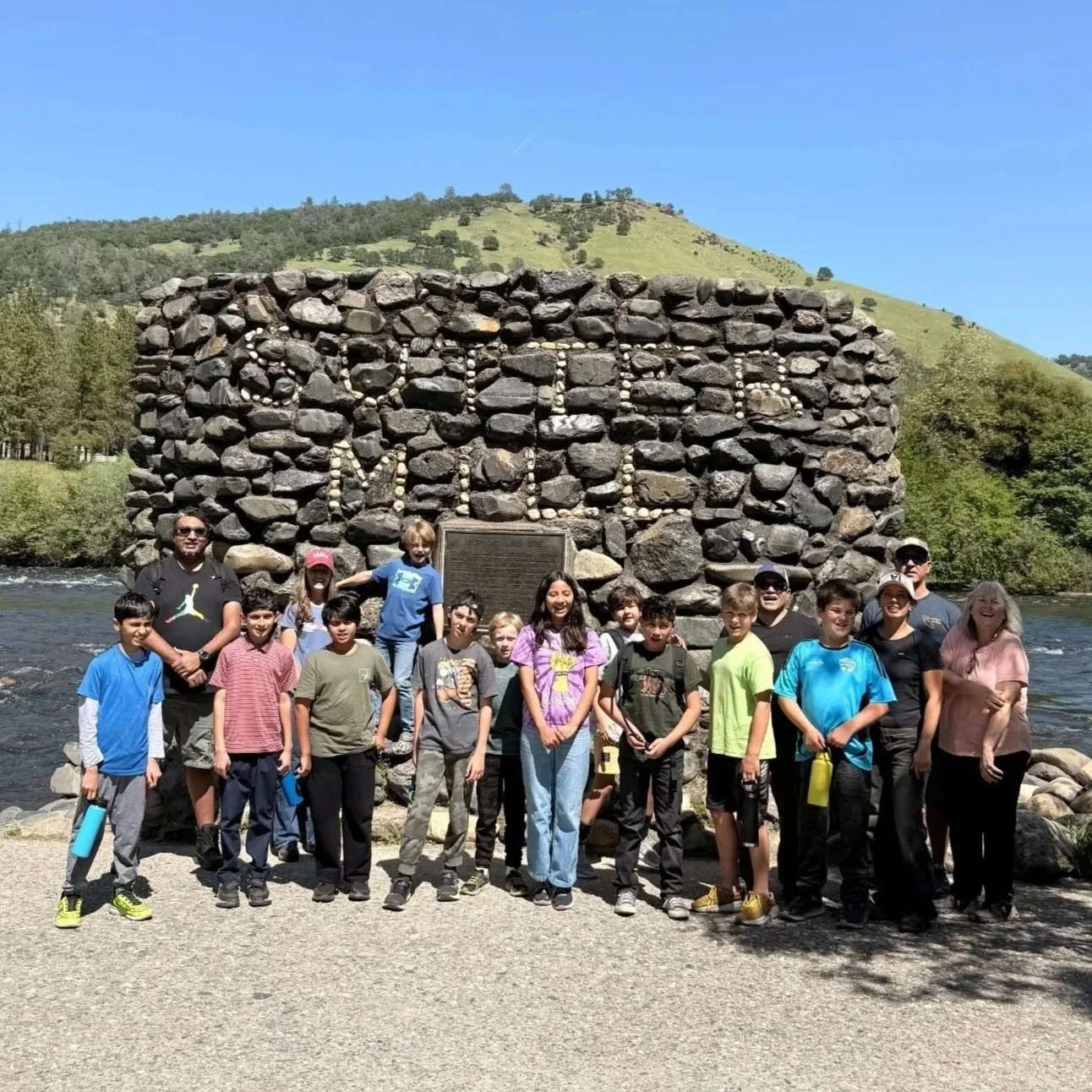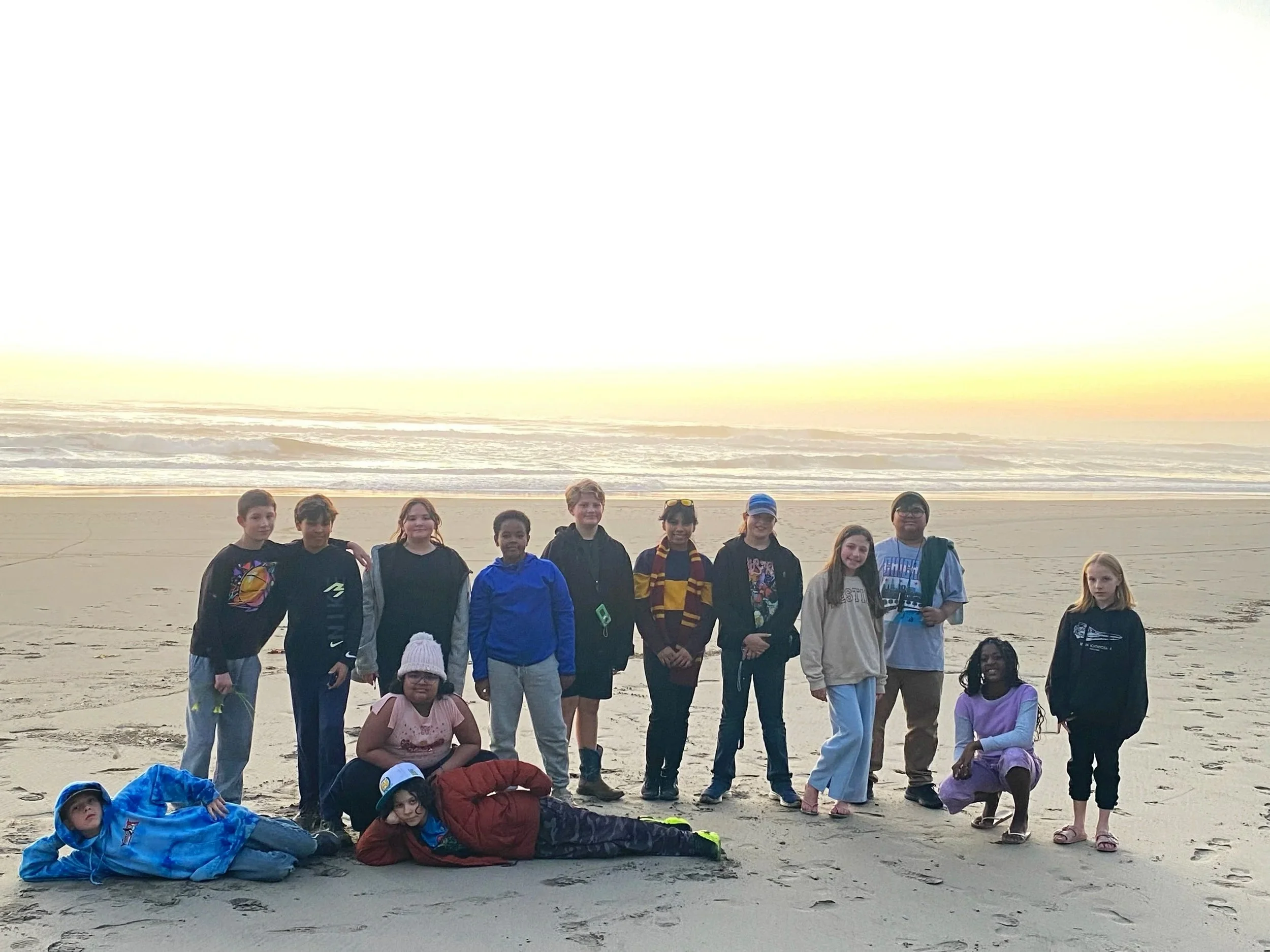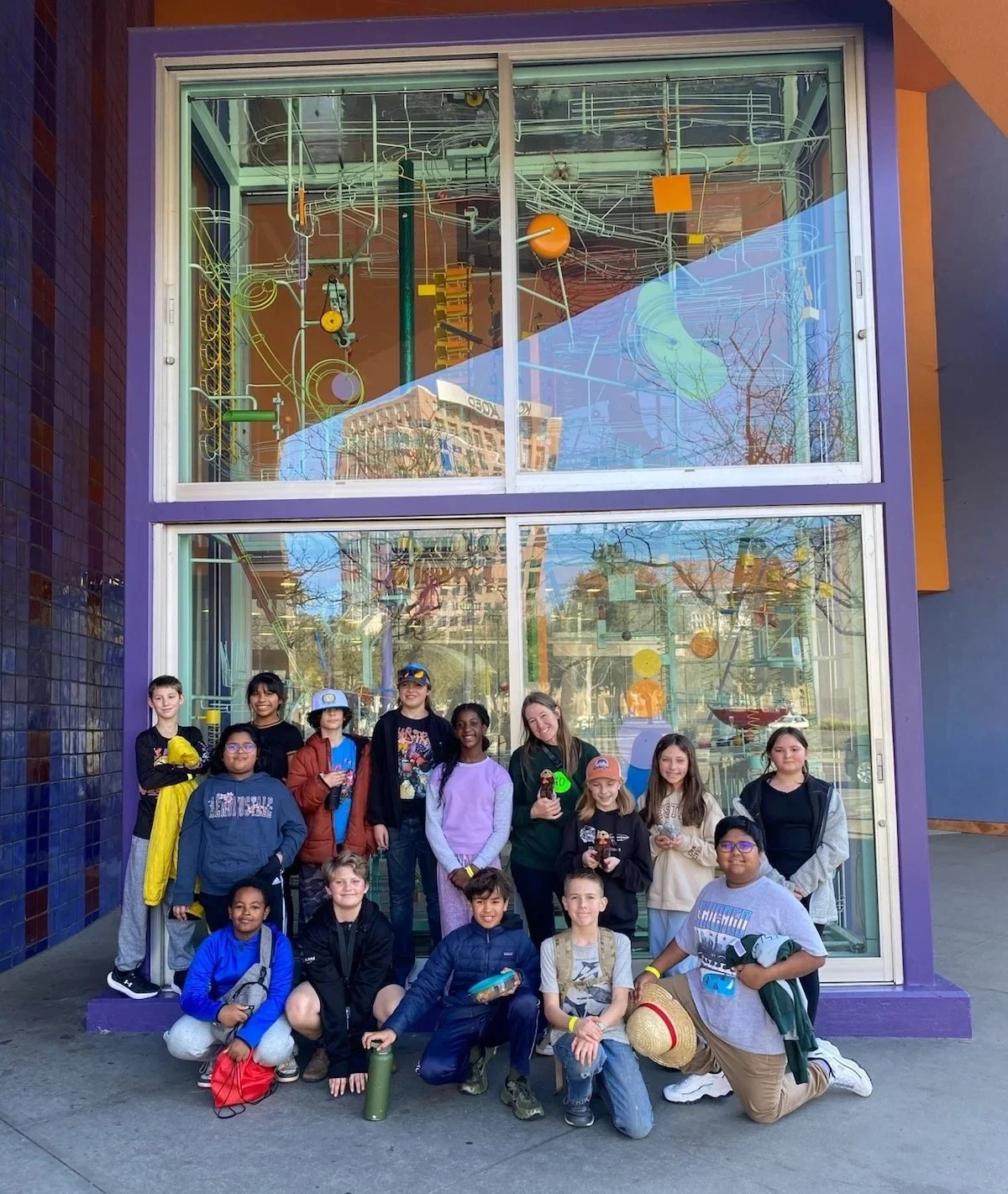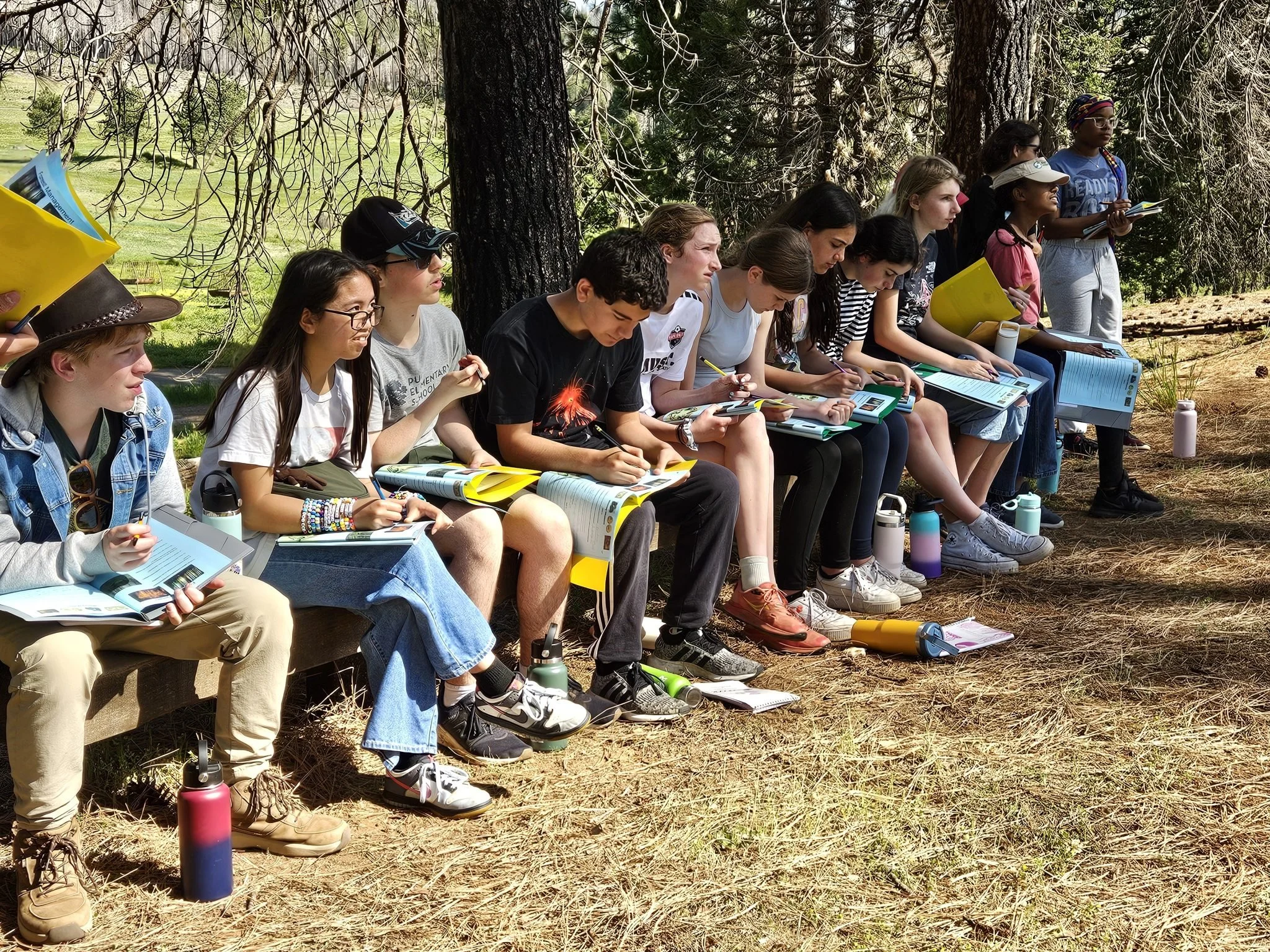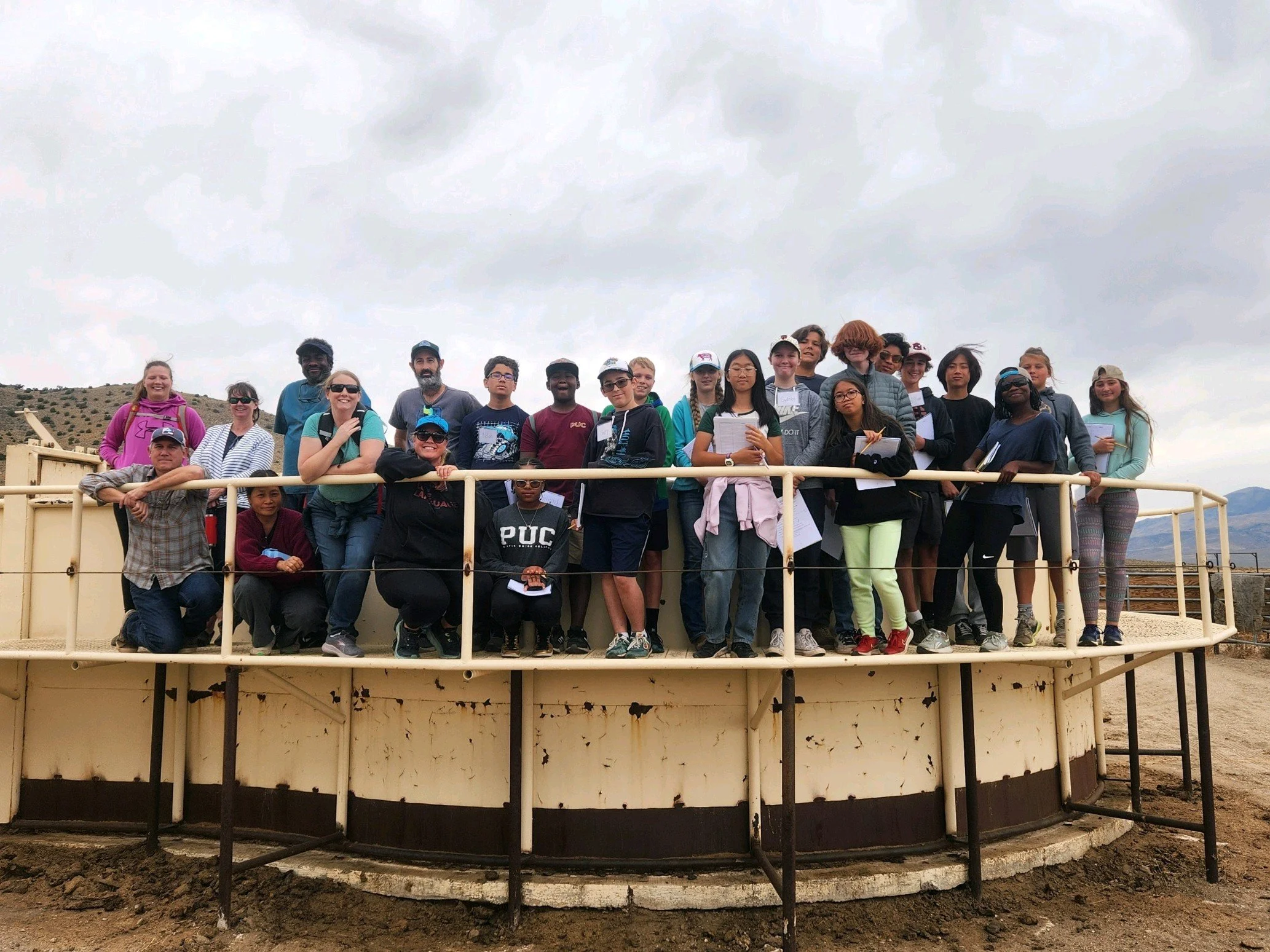Curriculum
At PUC Elementary, we believe that school is not only an academic program, but a well-rounded educational experience that will lead to a life-long love of learning. We accomplish this by encouraging intellectual curiosity in a variety of forms, from traditional academics to art and music--all in the context of small class sizes and focused, personal attention from our teachers.
Classes also integrate faith as a core part of the curriculum. As a Seventh-day Adventist school, PUCE focuses on inviting students to choose Christianity as a way of life. The day begins with a brief morning worship. Bible classes are taught daily and reflect Seventh-day Adventist beliefs. A week of spiritual emphasis, featuring special speakers, is held once each semester. Students are also mentored in character development and ethical discernment in hopes that they will grow to be compassionate, wise, and contributing citizens of society.
Kindergarten
Kindergarten offers a gentle transition into elementary school by making learning as a fun adventure. In this first year, art is primary medium of expression and literature-based, thematic instruction builds a love of learning. And the systematic preparation for reading, writing, and math is skillfully woven into the curriculum through creative, hands-on activities.
First grade
Reading takes center stage in first grade, as students go deeper into the study of phonics. Students begin to read regularly in class, pairing up with reading buddies from the upper grades, and they are also encouraged to read at home with their families. Spelling becomes a regular part of the weekly assignment.
For math, the curriculum takes on a hands-on approach, using a variety of tools to cement core concepts. Students aim to master basic addition and subtraction by the end of the year.
As for the fun side of class, there are plenty of field trips to the library, plays, and farms.
In first grade, we also begin to offer sensitive and skilled interventions for students with learning differences.
Second grade
Second grade continues to build reading, spelling, and writing skills with a strong phonics base. Students begin the transition from learning to read to reading to learn. Field trips abound as students read about topics such as zoo animals, then visit the biology department at Pacific Union College or even the Oakland Zoo.
In math, students focus on single- and double-digit addition and subtraction skills, along with proficiency in solving word problems. Students also cement such crucial sequences such as counting by hundreds, tens, fives, and twos, as well as the days of the week, months of the year, and even the books of the Bible!
Third Grade
Third graders are taught to read informational texts for comprehension as well as evaluate and enjoy good literature. They have also earned the privilege of learning two new forms of writing: cursive and touch typing! Both are taught with care and skill, and students have the opportunity to expand their creative and informational writing exponentially.
After years of adding, third graders also unlock the beauty of repeated addition – multiplication! Students work throughout the year to memorize their multiplication tables to the tens (or even the twelves or fifteens!). Word problems will focus on identification of the differences between adding and multiplication – or sometimes both within the same problem.
Fourth GRADE
History comes alive in the fourth grade as students dive into lessons about geography, U.S. states, and more. Reading and writing expectations increase in their challenge as students explore nine themes throughout the year in the Pathways Language Arts curriculum. Students are taught how to research, write, and then creatively implement their findings in a final history project that is the highlight of the year.
In math, the curriculum focuses on mastering multiplication and division and applying it to everyday life situations.
Students work together on group projects to learn collaboration, trust, and respect.
Fifth Grade
Along with continued progress in the basic academic arenas--such as reading and math--fifth grade dives deeper into science. During the year, students study animal and plant cells, animal classification, and also the human reproductive system.
In the spring, students take a three-day trip to the coast where they investigate the rich and diverse natural history of the Northern California coastal environment.
In social studies, students will focus on U.S. history, from Native Americans to World War II.
In fifth grade, students are taught to think, not just repeat facts, as they develop an enduring love of learning and inquiry.
Sixth Grade
In sixth grade, students hone their skills in writing and public presentation by learning how to critically analyze literature and participate in class discussions. Students are expected to actively own and defend their perspectives on a range of subjects, while respecting and valuing the input of others.
Lessons are also presented in a variety of formats to ensure active learning for many different styles of learners—including through technology, project-based learning, classroom presentations, and music.
The goal is to encourage character growth, instill a love for learning, and to build classroom community.
Seventh Grade
Outdoor education kicks it up a notch in seventh grade. Students can expect to combine learning with adventure by going on trips that involve caving, hiking, mountain climbing, and boating.
Beyond the outdoor learning and standard academic curriculum, students in seventh grade strengthen their self-management skills and organizational abilities. There is a strong emphasis in taking responsibility for their own learning and in meeting deadlines in a timely fashion. By the time the students complete seventh grade, the goal is to have graduated a more mature and responsible teenager.
Eighth Grade
In the final year at PUC Elementary, the goal is to prepare students for entry into high school. There is a strong emphasis on writing across the curriculum, and the math program allows for acceleration into algebra. Students become skilled users of technology tools, as they use laptop computers daily.
Outdoor education continues in eighth grade with a trip to a camp setting where they enjoy hands-on activities such as investigating the redwood forest, fresh water stream, rocky shore tide pools, and estuary.
“I firmly believe the teachers truly care about the students. I know that heart and soul is poured into the effort made to educate our children and that is truly appreciated!””

